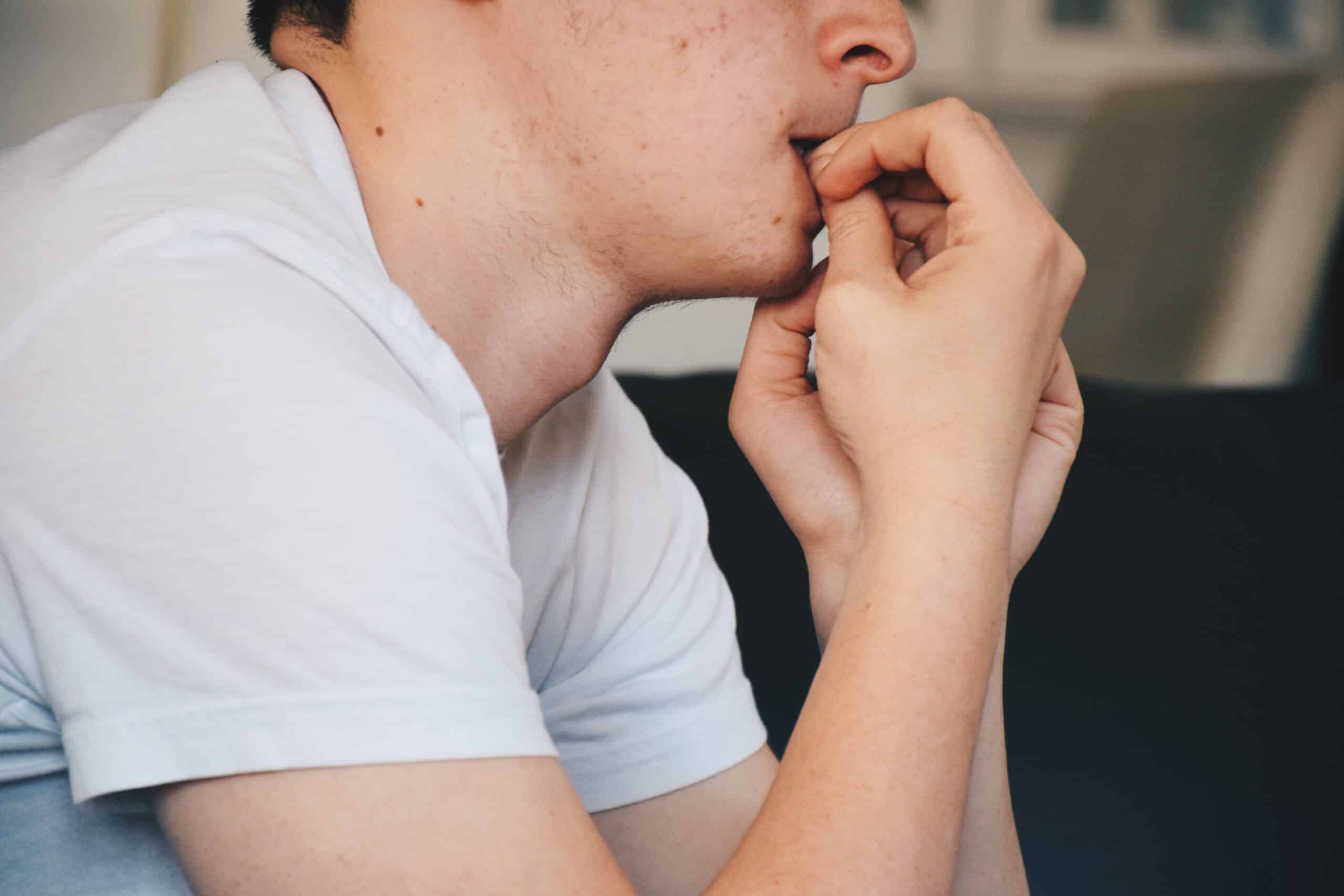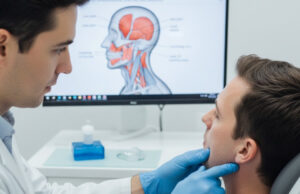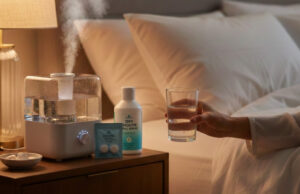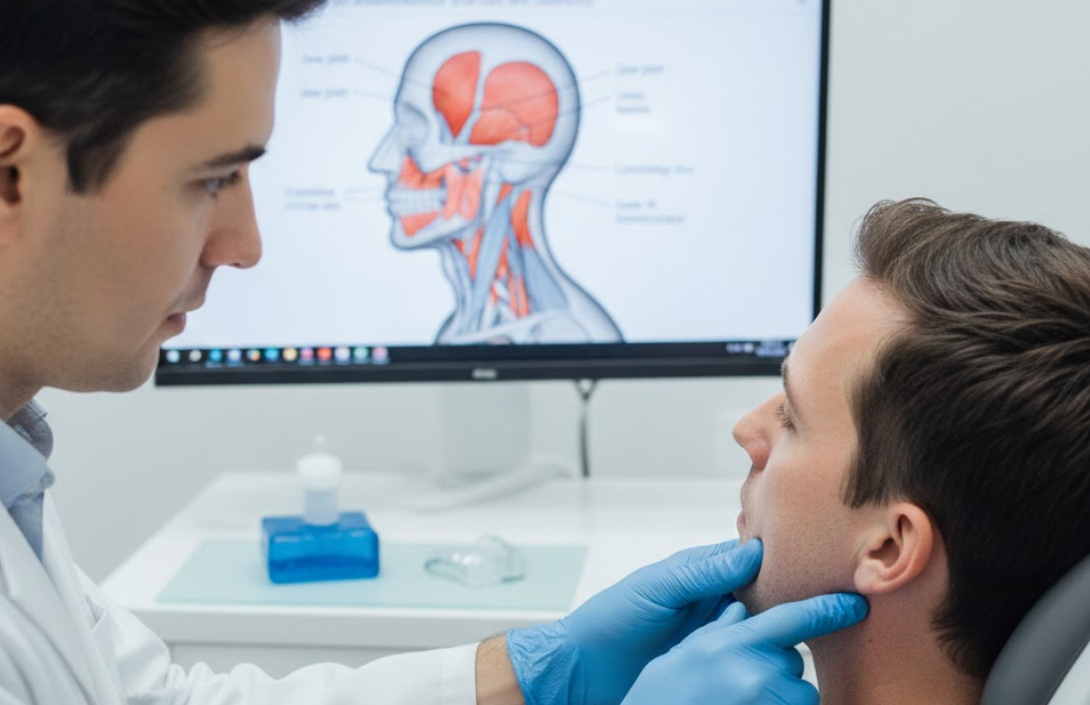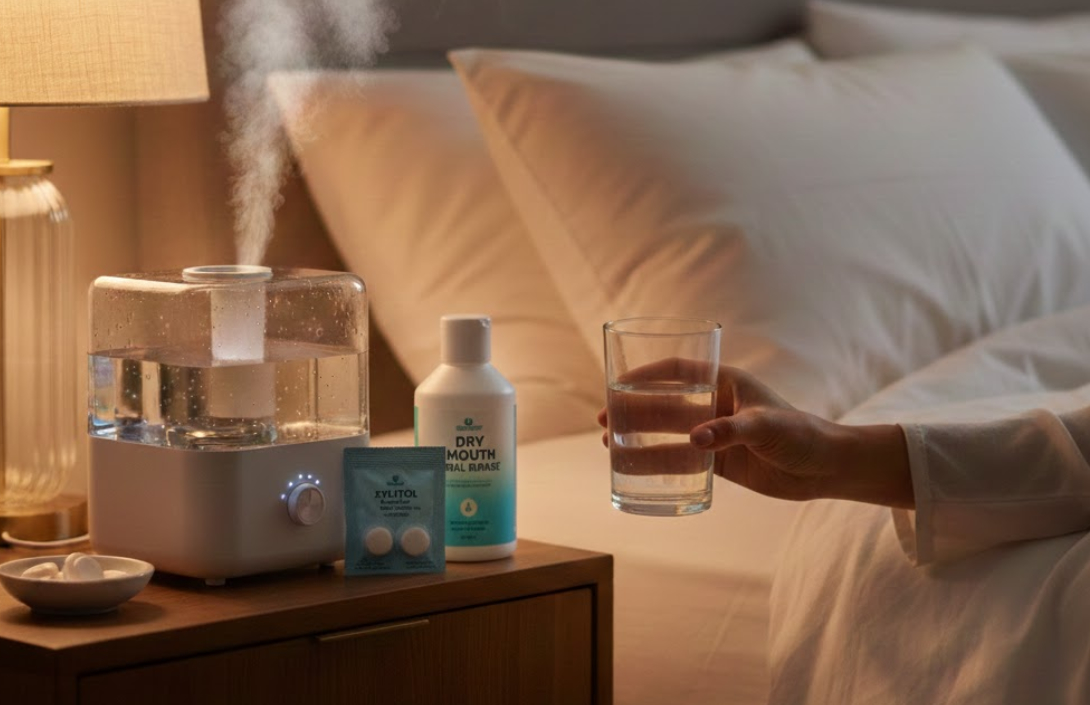- Top bad dental habits to break (and what to do instead)
- Signs that a bad habit is harming your teeth
- How your dentist can help you break bad habits and improve your dental health
Some habits are hard to break, even if we know that what we are doing is harmful to our health.
While some bad habits, such as smoking, staying up too late, and spending hours on the couch, are well-known for their detrimental effects on our well-being, many lesser-known practices are also harmful in ways we are not even aware of.
For example, chewing ice or brushing our teeth too aggressively can have a significant impact on our dental health, but not in a good way. In this blog, we examine everyday habits that can damage your smile and lead to permanent tooth and gum issues.
Top bad dental habits to break (and what to do instead)
Nail biting
The interesting thing about bad habits is that we might not even be aware we are doing them. Take nail biting, for example. Nail biting can be a response to stress or boredom, but doing so can have significant health implications.
When you chew on your fingernails, you create friction against tooth enamel, the hard outer shell that protects the soft tooth tissue underneath. This friction can result in chipping, cracking, and erosion of the tooth structure over time. It can also weaken the tooth root that is holding your tooth in place, causing teeth to shift and leading to misalignment, gaps, or even bite problems.
Nail biting can even dislodge or damage dental fillings, crowns, or veneers. Additionally, fingernails can harbour bacteria such as E. coli and Salmonella, which are then transferred to the mouth, increasing the risk of infection.
Nail biting is often done unconsciously, so the best way to break that habit is to keep your nails trimmed or use bitter nail polish.
Chewing on non-food items
Similarly to chewing on your nails, gnawing on foreign objects, such as pens, pencils, necklaces, or other items, can have a similar effect on your dental health. In many cases, people do this to alleviate feelings of anxiety or due to sensory needs or ADHD.
If you feel the need to chew something, try healthy food items such as crunchy fruits or vegetables, which can also stimulate saliva production and help keep your teeth clean.
Chewing ice
This habit is often associated with iron deficiency, even if the person has not been diagnosed with anemia. Other people chew the ice at the bottom of the glass after finishing a cold drink.
Chewing ice can lead to cracked teeth, which can cause tooth pain and require intervention by your dentist. The best way to combat this habit is to chew on sugar-free gum or opt for cold drinks without ice.
Using teeth as tools
Some people use their teeth as tools when bottle openers, scissors, or other implements are not within reach. Although your teeth might get the job done, the tooth chips that can result from this practice are not worth it.
You can avoid making extra trips to the dentist to repair cracked teeth by simply avoiding using your teeth as tools and using the right implements to get the job done.
Brushing your teeth too hard
It’s admirable to want to have clean teeth and gums, but brushing too aggressively to remove food particles and stains can do more harm than good. There is a significant risk that you will begin wearing down your enamel or gum tissue along the gum line, opening the door to a range of dental problems.
A more effective approach is to use gentle circular motions with a soft-bristled toothbrush. If you are unsure whether you are still brushing too hard, consider getting an electric toothbrush that sounds an alarm when you apply too much pressure to your teeth.
Teeth grinding
Many people are unaware if they are grinding their teeth at night, unless they are keeping someone else awake. Some people grind their teeth so hard that the sound resembles that of screeching subway wheels. Imagine the damage that sort of pressure can cause to your teeth!
This habit, also known as bruxism, can lead to worn enamel and jaw pain. A great way to reduce the effects of teeth grinding is to have your dentist create a custom-fitted mouthguard for nighttime use.
Frequent snacking on sugary foods
You may have heard of the 3 o’clock wall, when many professionals reach for a sugary snack for a quick energy boost. These same individuals might opt for more sweet treats to complement their evening meal or while watching television.
Be honest – how many times have you reached into the cookie bag while telling yourself, “Just one more will be okay”?
The truth is that “one more” might hurt your dental health. Exposing your teeth and gums to sugars and acids regularly can lead to cavities or tooth decay. Better snacking options that promote dental health include nuts and cheese, so be sure to keep some on hand and leave the chocolatey goodies and gummy candy where you found them.
Signs that a bad habit is harming your teeth
Like many bad habits, you do not often see the effects right away, so you might even think that they are not doing your dental health any real harm. The truth, however, is that you might not know what to look for, so knowing the warning signs can help.
Signs that a bad habit might be harming your oral health include a sensitivity to hot and cold food or beverages accompanied by pain. This can mean that your teeth and gums have been compromised, possibly due to chewing on other objects. Cracks, chips, or flattened biting surfaces are also potential signs that your habits might be damaging your teeth and gums.
Jaw pain from clenching or consistently waking up with a headache are classic symptoms of teeth grinding. Another warning sign is that your teeth and gums are bleeding while brushing or flossing.
None of the above symptoms is indicative of optimal oral health. If you notice any of these happening to you, or if you have any other dental health concerns, it is time for a visit to your dentist.
How your dentist can help you break bad habits and improve your dental health
Your dentist will conduct a thorough examination of your teeth and gums, discuss your concerns, and ask all the right questions to get to the bottom of why you are experiencing your symptoms.
If bad habits are the cause, they can suggest some solutions that will help you break them, while presenting treatment options that will restore the look, feel, and health of your smile.
At Yonge Eglinton Dental, we also help you develop positive, teeth-friendly habits, such as establishing a daily preventive dental health routine, recommending nutritious options that support oral health, and answering all your questions on how to restore the health of your teeth and gums.
Contact us today to start breaking bad habits and enjoy all the benefits a bright, beautiful smile can bring. After all, you are worth it!
Break bad habits for teeth and gums with help from the dental experts at Yonge Eglinton Dental in Toronto
Contact our dental health team when you are ready to optimize your oral health. We will work together to ensure your teeth and gums look great and are as strong and healthy as possible. Make an appointment for an office visit today by calling our office at 416-932-2222 or booking online. We look forward to seeing you!
Are you concerned about visiting the dentist? Read about how we protect the health and safety of our patients and staff so your family can seek proper dental care with peace of mind.


